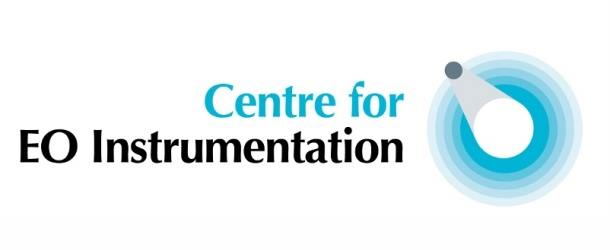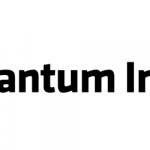Quantum Accelerometers for Tiny Satellites Move to the Next Stage of Development with UK Funding.

(Optics.org) The UK Space Agency is funding a new project to further develop laser-based quantum sensors for use on board satellites.
Announced by the Centre for Earth Observation Instrumentation (CEOI), the Cold Atom Space PAyload (CASPA) Accelerometer effort represents a follow-up to the initial CASPA CubeSat project, which demonstrated how to create and trap a cloud of laser-cooled atoms in a sufficiently compact form factor for a CubeSat.
Leading the follow-up effort will be experts from imaging firm Teledyne e2v’s dedicated space and quantum team, alongside researchers from the University of Birmingham – home to the UK’s quantum sensing “hub” – and Rutherford-Appleton Laboratory.
Teledyne e2v, which has become closely involved in several quantum technology development projects in the UK, says that the CASPA instrument will be able to measure the tiny forces exerted on a spacecraft in very low Earth orbit, which over a long period of time can cause de-orbiting due to “atmospheric drag”.
The accelerometer will use six lasers, arranged orthogonally, to hold in place very precisely an ‘atom cloud’ just a few millimeters in diameter, at temperatures close to absolute zero.
“It is by measuring the minute accelerations experienced by this ‘atom cloud’ that the extremely small forces on the specially designed spacecraft can be calculated,” explained the firm. “The project will show how this instrument can be built in a low-power and compact package.”





















